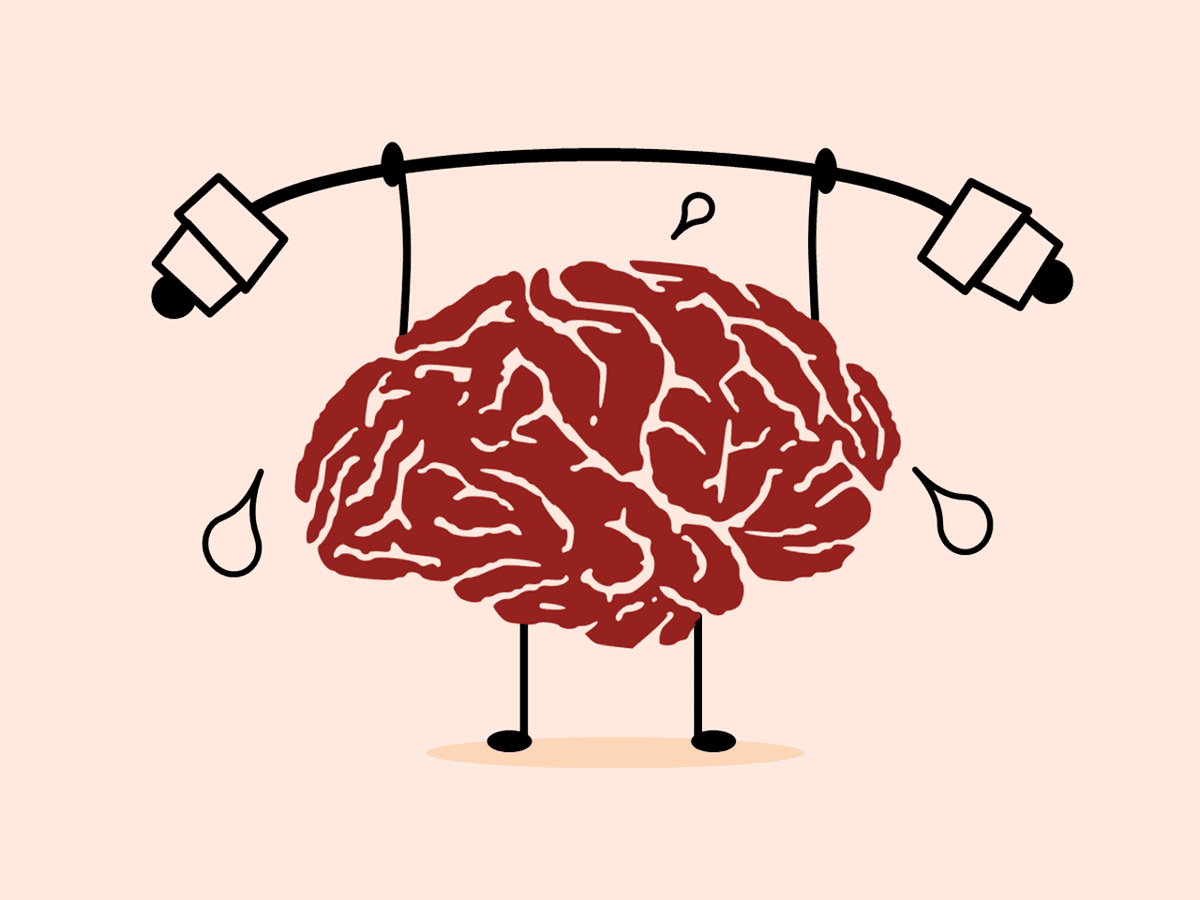Mental Health: Understanding and Maintaining a Healthy Mind

What is Mental Health?
Defining Mental Health
Mental health refers to a person’s emotional, psychological, and social well-being. It influences how we think, feel, and act in everyday life. Good mental health is more than just the absence of mental disorders—it is about thriving, coping with the stresses of life, and leading a fulfilling life.
The Importance of Mental Health
Mental health is crucial because it affects all aspects of our lives, including our relationships, work, and physical health. Good mental health helps us cope with stress, build resilience, and make healthy choices. It’s essential for maintaining emotional stability and well-being.
Common Mental Health Conditions
Anxiety and Depression
Anxiety and depression are among the most common mental health issues. Anxiety involves constant worry, fear, or nervousness, while depression can cause persistent sadness, hopelessness, and a lack of interest in daily activities. Both can be debilitating but are treatable with therapy, medication, and lifestyle changes.
Bipolar Disorder
Bipolar disorder is characterized by extreme mood swings, ranging from depressive episodes to manic episodes. People with bipolar disorder may experience periods of high energy and impulsivity, followed by deep lows. Managing this condition often involves a combination of medication and therapy.
PTSD (Post-Traumatic Stress Disorder)
PTSD occurs after experiencing a traumatic event, such as war, an accident, or abuse. Symptoms can include flashbacks, nightmares, and intense emotional distress. Treatment typically includes therapy, particularly cognitive behavioral therapy (CBT), and sometimes medication to manage symptoms.
Eating Disorders
Eating disorders such as anorexia, bulimia, and binge-eating disorder are closely linked to emotional and mental health. These disorders can lead to dangerous eating behaviors, and individuals may feel intense distress related to food, weight, and body image. Therapy and support groups are key in treatment.
Factors Affecting Mental Health
Genetics and Family History
Genetics can play a significant role in mental health. Family history of conditions like anxiety, depression, or schizophrenia may increase the likelihood of experiencing mental health challenges.
Environmental Stressors
Life events, such as trauma, loss, or chronic stress, can contribute to mental health issues. Continuous exposure to high levels of stress, lack of support, or living in an unsafe environment can increase the risk of mental health struggles.
Lifestyle Choices
Our lifestyle choices—such as poor diet, lack of exercise, substance abuse, and inadequate sleep—can also affect our mental health. Healthy habits can significantly reduce the likelihood of developing mental health issues and improve overall well-being.
How to Maintain Mental Health
Building Emotional Resilience
Emotional resilience is the ability to bounce back from challenges. This can be developed through coping strategies such as maintaining a positive mindset, seeking support, and practicing mindfulness. Strengthening resilience helps us handle stress and setbacks more effectively.
Coping Strategies for Stress
Stress is a natural part of life, but how we manage it determines its impact on our mental health. Effective coping strategies include relaxation techniques like deep breathing, exercise, journaling, and meditation. Learning to manage stress in healthy ways is crucial for maintaining mental health.
Social Connections and Support
Having a strong social network is one of the most important factors in good healthlawbenefits.org. Building and nurturing relationships with friends, family, or support groups can provide emotional support and reduce feelings of isolation. Speaking openly about your struggles can be incredibly therapeutic.
Professional Help: Therapy and Counseling
If mental health issues become overwhelming, seeking professional help is key. Therapists or counselors can provide a safe space to explore feelings, learn coping strategies, and work through difficult experiences. Cognitive behavioral therapy (CBT) and other therapeutic approaches can help individuals manage their symptoms and improve their quality of life.
Practicing Self-Care
Self-care plays an important role in maintaining mental health. This includes taking time for activities you enjoy, setting boundaries, getting enough rest, and eating well. Regular self-care practices help to rejuvenate the mind and prevent burnout.
The Role of Exercise and Diet in Mental Health
Physical Activity and Mental Well-Being
Exercise isn’t just for the body—it’s also incredibly beneficial for the mind. Physical activity releases endorphins, which are natural mood elevators. Regular exercise helps reduce stress, anxiety, and symptoms of depression, and it can improve sleep quality.
The Impact of Nutrition on Mental Health
What we eat can have a profound effect on our mood and mental health. Diets rich in fruits, vegetables, healthy fats, and lean proteins provide essential nutrients that support brain function and mental clarity. Avoiding excessive sugar, processed foods, and alcohol can also prevent negative impacts on mental health.
Stigma Around Mental Health
Understanding and Reducing Stigma
Stigma surrounding mental health can prevent individuals from seeking help. It’s important to educate others and challenge misconceptions about mental illness. By fostering understanding and compassion, we can create a society where seeking help for mental health is normalized and supported.
How to Support Others with Mental Health Struggles
Supporting someone with mental health challenges requires patience, empathy, and active listening. Let them know you care, encourage them to seek professional help, and be there to support them without judgment. Sometimes, just being a nonjudgmental listener can make a significant difference.
Mental Health in Different Life Stages
Mental Health in Children and Adolescents
Mental health is just as important for children and teens as it is for adults. Conditions like anxiety, depression, and ADHD can manifest early, affecting behavior, school performance, and social relationships. Early intervention is key to providing support and teaching healthy coping strategies.
Mental Health in Adults
In adulthood, mental health challenges may stem from work stress, family obligations, or personal struggles. Maintaining a work-life balance, nurturing relationships, and engaging in self-care are essential for promoting good mental health in adulthood.
Mental Health in Older Adults
As we age, mental health challenges like dementia, depression, and loneliness become more common. Staying mentally active, maintaining social connections, and managing physical health can all help protect mental health in older age.
Creating a Mental Health Plan
Identifying Personal Stressors
Identifying and understanding the sources of stress in your life is the first step toward improving mental health. This could be work-related stress, relationship issues, or personal expectations. Once you understand what triggers stress, you can take steps to address or mitigate these issues.
Setting Mental Health Goals
Creating mental health goals, such as practicing mindfulness for 10 minutes a day or seeking therapy, helps prioritize mental well-being. Small, achievable goals can have a big impact on your overall mental health and can keep you motivated.
Regularly Checking In on Your Mental Well-Being
Taking time to reflect on your mental health regularly ensures that you stay in touch with how you’re feeling. It’s important to check in on your emotions and address any issues before they escalate.
Conclusion: Prioritizing Your Mental Health
Mental health is just as important as physical health, and maintaining it requires effort, self-awareness, and support. By adopting healthy habits, seeking help when needed, and practicing self-care, we can all work toward better mental health. It’s not a one-time fix but an ongoing process of care and attention.

:max_bytes(150000):strip_icc()/GettyImages-539661087-58d2e5e65f9b5846830df9aa.jpg)



